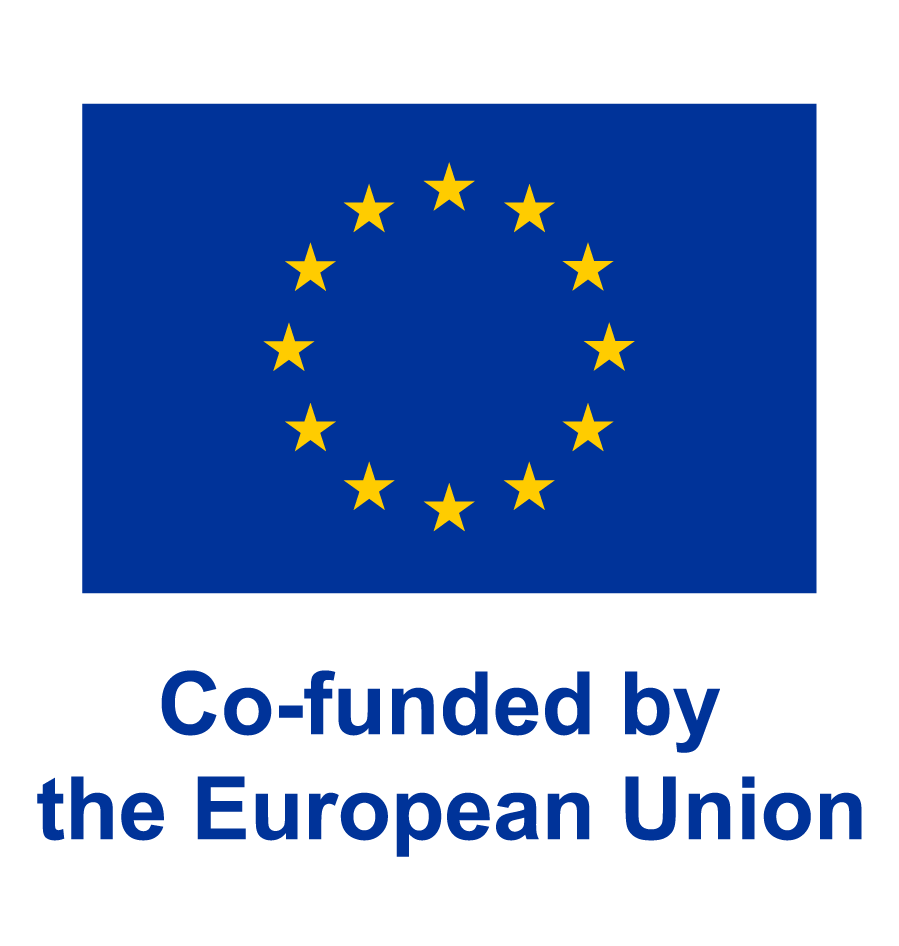Perinatal mental health, which encompasses mental health issues during pregnancy and the postpartum period, has profound impacts on both mothers and infants. Despite the importance of mental health during this stage, perinatal mental health (PMH) remains an area where knowledge and resources are often limited in Sub-Saharan Africa. Training healthcare providers in PMH is essential to ensuring that mothers and infants receive adequate support, helping to prevent and treat issues like postpartum depression, anxiety, and psychosis, which can have lasting effects if left unaddressed. It is against this background that the eMAMA project is developing a postgraduate training program specifically designed to address the pressing need for PMH expertise in Sub-Saharan Africa, particularly in Malawi, Namibia, and Zambia. This program will enhance the knowledge and skills of healthcare providers in maternal mental health, focusing on screening and intervention methods that can be integrated into primary care settings. Furthermore, the eMAMA project aims to bridge the knowledge and training gaps for both educators and learners in PMH. By addressing both groups, the project can create a sustainable impact on maternal mental health practices and outcomes. Educators will be equipped with evidence-based teaching strategies on maternal mental health and have access to an evidence-based postgraduate training curricula in PMH. As for learners, the project will focus on building foundational knowledge and practical skills in detecting and dealing with PMH problems.
One year since its inception, the project has been at an advanced stage as data on benchmarking competencies for the postgraduate programme in PMH have already been collected and analysed. The findings from the desk review clearly showed that most pre-service curriculums for health care workers training in these three countries have limited or no specific content on PMH. Hence, this data adds weight to the need for a training programme in PMH. Thus far, the project will soon start developing content for the PMH training programme, as informed by findings from the benchmarking study. Postgraduate training can equip healthcare providers with specialised knowledge and skills to identify, manage, and support women experiencing PMH issues. By expanding expertise at the postgraduate level, countries in Sub-Saharan Africa can develop a workforce capable of delivering context-sensitive, evidence-based mental health care. This can also promote awareness, reduce stigma, and build a healthcare infrastructure better suited to the needs of mothers, children, and families—ultimately improving public health outcomes for future generations across the region.
In addition to the training, the eMAMA project will develop an innovative mobile application that will support the training and practice of healthcare workers by providing access to resources and guidance for mental health issues. This aligns with the project’s broader mission to improve care access, encourage collaboration among international partners, and address maternal mental health in a culturally relevant manner. A postgraduate training program in PMH in Sub-Saharan Africa is essential due to this region’s unique challenges such as increased workload and shortage of staff. Maternal mental health issues, including perinatal depression and anxiety, are often intensified by factors such as poverty, limited healthcare access, stigma, and high maternal mortality rates. Yet, there remains a shortage of trained mental health professionals who can adequately address the complex needs of new and expectant mothers in these contexts. In conclusion, training in PMH is critical to improving the well-being of mothers and infants, as it empowers healthcare providers to recognise, support, and address mental health concerns sensitively and effectively. This training helps bridge gaps in the healthcare system, reduces stigma, and ensures early intervention, all of which contribute to the healthy development of infants and the overall well-being of families. Therefore, investing in comprehensive perinatal mental health training for healthcare providers is essential for a healthier and more supportive society.



One response
This is captivating in the world